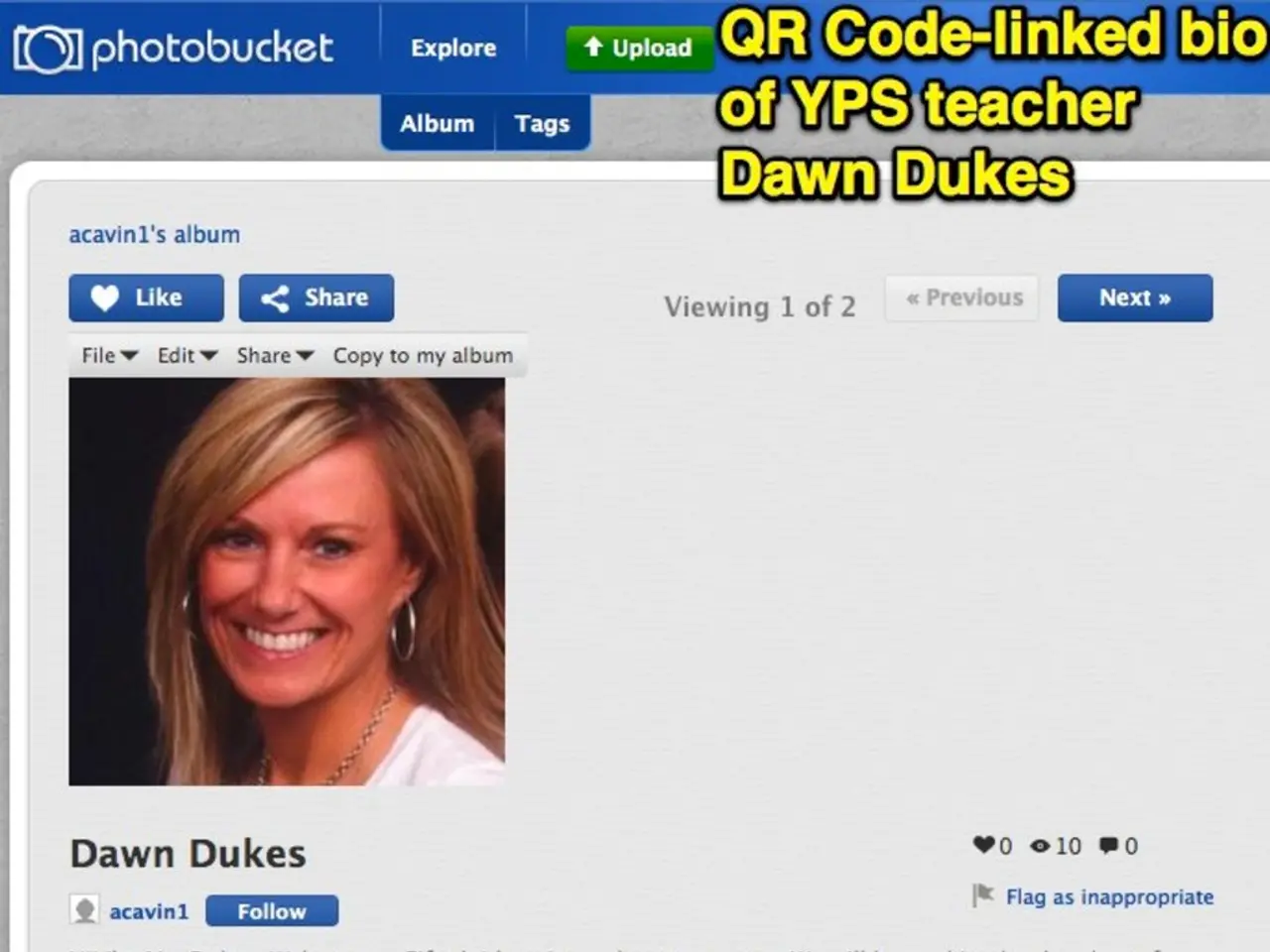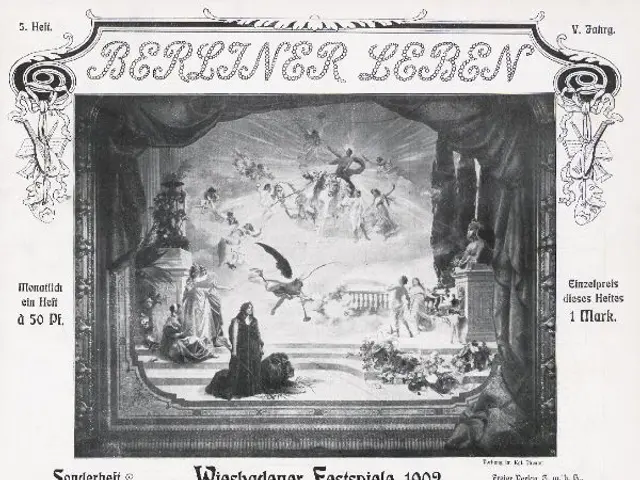Social media companies' shield from liability following Charlie Kirk's alleged assassination sparks renewed controversy over Section 230 protections
In the wake of the tragic assassination of Charlie Kirk, the founder of Turning Point USA, on the campus of Utah Valley University, calls for reforming Section 230 of the Communications Act have grown louder. This federal law, enacted as part of the Communications Decency Act in 1996, provides liability protections for social media platforms.
Sen. Lindsey Graham, a long-time critic of Section 230, has introduced a bill to reform the law and increase liability for social media platforms. The bill, if passed, would allow users to sue social media companies for various issues, including the dissemination of content related to the sexual exploitation of children.
During a hearing, Sen. Graham asked FBI Director Kash Patel about his support for sunsetting Section 230. Director Patel expressed his agreement, stating that increasing liability for companies is necessary.
The assassination of Charlie Kirk and the subsequent circulation of his murder video on social media platforms have prompted renewed calls to address Section 230. Social media platforms faced a challenge in removing the video or implementing content warnings or age gating to protect users.
Commissioner Brendan Carr of the Federal Communications Commission (FCC) discussed Section 230 during an appearance at the Politico AI & Tech Summit. Commissioner Carr noted that Section 230 has two main provisions: C-1 and C-2. C-1 is a 'pro-speech' provision that encourages people to post and express themselves without liability for content that may be libelous or tortious. C-2, on the other hand, has been interpreted by courts to provide broad immunity for content moderation and censorship, leading to abuses, according to Commissioner Carr.
Individual Americans have been censored on social media platforms for protected First Amendment speech, particularly on religious or medical issues, according to Commissioner Carr. This has led to concerns about the potential for bias and censorship on these platforms.
Commissioner Carr expressed a 'trust but verify' posture regarding the changes to moderation policies on social media platforms. He emphasised the need for transparency and accountability in the decision-making processes of these platforms.
Since Charlie Kirk's assassination, his social media platforms have gained millions of followers and subscribers. This surge in popularity has brought attention to the issues surrounding Section 230 and the role of social media platforms in shaping public discourse.
Politician Pam Bondi has also introduced a legislative initiative to increase the responsibility of social media platforms after the murder of Charlie Kirk. The exact details of her proposal are not yet clear, but it is expected to address the issues of content moderation and censorship on these platforms.
As the debate over Section 230 continues, it is clear that the assassination of Charlie Kirk has brought renewed focus to the role of social media platforms in society and the need for reform. Whether through legislation or other means, it seems likely that changes are on the horizon for Section 230 and the social media platforms it governs.
Read also:
- Eighteen-Year-Old Speaks Out Against Lowering Voting Age to Sixteen
- King Charles's body language analyst dissects signs of apparent 'impatience' exhibited by Charles towards Trump
- Mohammad Yousuf publically labeled Suryakumar Yadav as a "pig," an unusual slur Yousuf explained.
- Today's most impactful photographic moments








